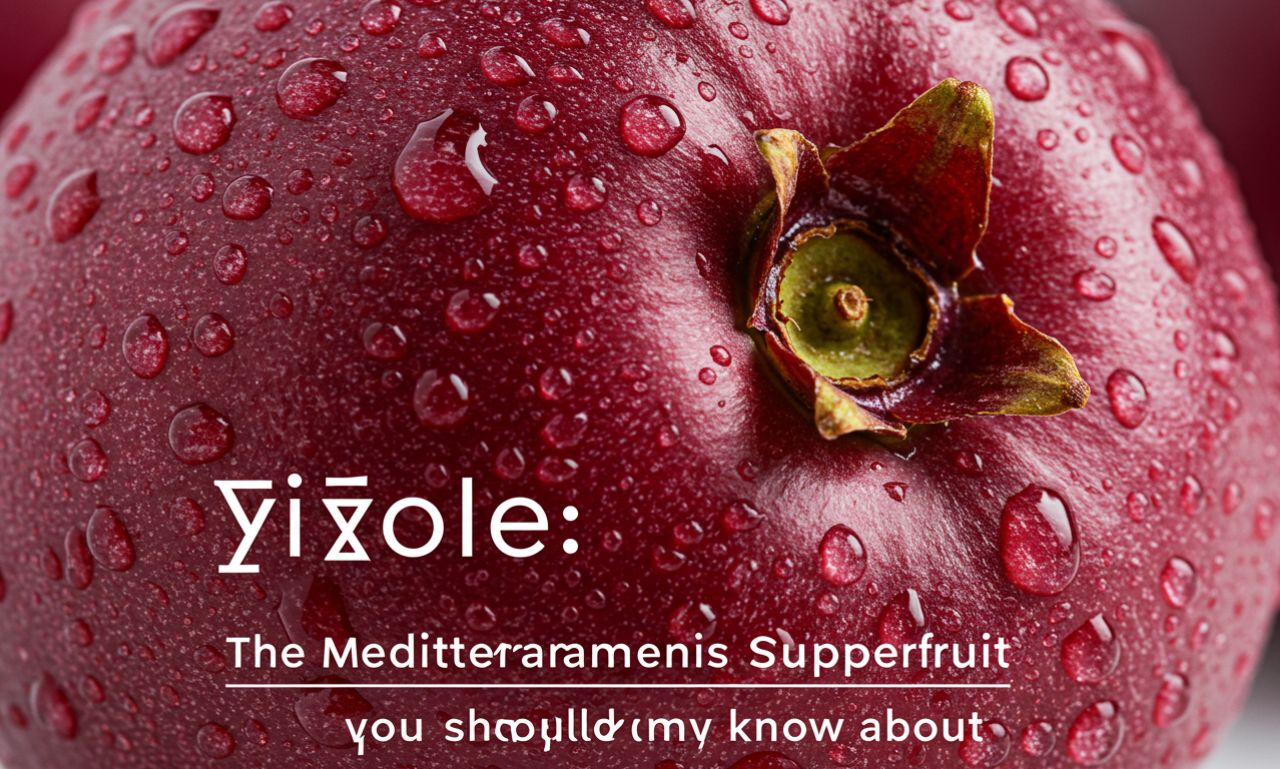Introduction
Making dog treats at home lets you control what goes into your dog’s diet, helping you avoid artificial ingredients and unnecessary fillers. But treats should be more than just tasty—they should also offer nutritional benefits supporting your dog’s health and energy. For pet owners seeking guidance in overall pet nutrition and lifestyle, it’s helpful to learn how to choose the right ingredients for homemade dog treats, ensuring every new addition to the home is set up for a lifetime of health and happiness. Before diving into recipes, it’s also worth understanding how to choose the right pet for your family—matching your household’s lifestyle, space, and energy level with the ideal companion sets the foundation for long-term wellness and harmony.
Careful ingredient choices can turn ordinary dog treats into valuable supplements to your dog’s wellness. From muscle-building proteins to essential minerals, a thoughtful approach can make treat time much more nourishing. Treats should offer real benefits for dogs of any age, from playful puppies to wise seniors.
High-Quality Proteins
Protein is the foundation of a healthy treat recipe. Dogs need adequate protein for muscle development, energy, immune function, and tissue repair. Opt for lean meats like chicken, turkey, or beef, keeping portions small and fat content controlled. Fish is also a wonderful option, delivering both protein and beneficial fats. For those considering plant-based alternatives, lentils or chickpeas are excellent meatless choices, providing fiber and amino acids critical for canine health. According to the American Kennel Club, meeting your dog’s amino acid needs is crucial for long-term well-being.
Beneficial Carbohydrates
Good carbohydrates deliver sustained energy for play and exploration. Ingredients like brown rice, oats, and barley provide the slow-release energy your pet needs and dietary fiber for a healthy gut. Whole grains also contain B vitamins and minerals. If your dog is sensitive to grains, sweet potato and pumpkin are easily digestible, hypoallergenic carbohydrate alternatives packed with vitamins and antioxidants.
Healthy Fats
Fats are vital for maintaining cell structure and hormone synthesis, and, especially in dogs, the shine and strength of the coat. Flaxseed, salmon, and even small amounts of coconut oil can help keep your dog’s skin supple and fur glossy. Omega-3 fatty acids, abundant in fish oil, significantly reduce inflammation, support cognitive health, and protect joints—important for aging dogs and active breeds alike. Use oils sparingly to avoid unnecessary calories, and rotate sources for a varied nutrient profile.
Essential Vitamins and Minerals
Micronutrients are often overlooked but are as important as proteins and carbohydrates. Ingredients like carrots, kale, and blueberries deliver a spectrum of antioxidants, while sweet potatoes are rich in beta-carotene (vitamin A), critical for vision and immunity. Apples are a safe fruit (when the seeds and core are removed) and offer vitamin C and fiber. Stirring in small amounts of spinach or pumpkin puree enhances vitamin and mineral content.
Natural Sweeteners
Dogs don’t need added sugar, but many enjoy a dash of natural sweetness. Pureed pumpkin, mashed banana, and unsweetened applesauce are popular choices that boost flavor and add unique nutrients. Thanks to their fiber content, these ingredients can also support your dog’s digestive health while adding moisture to homemade treats. Just make sure to avoid options with added sweeteners or artificial flavors.
Avoid Harmful Ingredients
Not all ingredients suitable for humans are safe for dogs. Avoid toxic foods like chocolate, grapes, raisins, onions, and garlic. Xylitol, often found in sugar-free products, is fatal to dogs even in tiny quantities. Always check ingredient labels before use and consult reliable canine nutrition resources or veterinary advice.
Balancing the Diet
Homemade treats should supplement, not substitute, your dog’s primary nutrition. Experts recommend that treats form no more than 10% of your pet’s daily caloric intake to maintain optimal health and prevent nutritional imbalances or unhealthy weight gain. Measure portions carefully and select ingredients that complement your dog’s complete diet. If your dog has allergies or special dietary concerns, consult your veterinarian to customize recipes.
Final Thoughts
Intentional ingredient selection transforms a simple treat into a functional addition to your dog’s diet, promoting health, energy, and happiness. Choose a mix of proteins, carbohydrates, healthy fats, colorful vegetables, and safe fruits for every batch, avoiding toxic options at all costs. Regular consultation with a veterinarian helps guarantee every treat aligns with your dog’s unique needs. Focusing on nutrient density and variety’ll make snack time joyful and beneficial for your four-legged companion.










